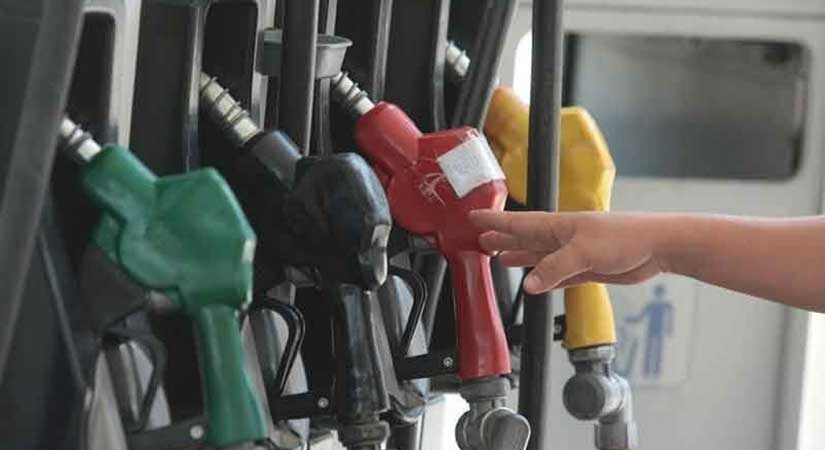By Reicelene Joy N. Ignacio, July 10 2019; Business World
https://www.bworldonline.com/ports-beating-revenue-targets-due-to-fuel-marking-program/
Image Credit to Business World
THE Department of Finance (DoF) said the fuel marking program is producing higher revenue at certain ports of entry, thereby helping counter the expected increase in smuggling by parties seeking to evade higher excise taxes for fuel under the tax reform law.
“We anticipated the potential increase in smuggling and therefore initiated the fuel marking program under the TRAIN (Tax Reform for Acceleration and Inclusion) law. Fuel marking is designed to help address this issue. In fact, after the previous announcement that implementation of the Fuel Marking Program would start this quarter, we noted a steady increase in collections among the ports where petroleum products are regularly imported. This is a strong indicator of increased compliance,” Finance Secretary Carlos G. Dominguez III told reporters in a Viber message Wednesday.
The fuel marking program introduces a special dye into tax-paid fuel. The absence of the dye will be considered prima facie evidence that the fuel shipment is not compliant.
“A good example is the collections of the Port of Limay (Bataan) for June 2019, which was P3.6 billion above target. This is higher than the excess collection in May 2019 by P1.1 billion. The ports of Subic and Cagayan de Oro likewise exceeded their targets,” Mr. Dominguez added.
The Fuel Marking Program, which authorizes the Bureau of Customs (BoC) and the Bureau of Internal Revenue (BIR) to collect fuel marking fees from petroleum products, is expected to add P5 billion to government revenue this year.
The BIR is in charge of collecting excise from domestically refined petroleum products, while the BoC will look after the proper taxation of imported fuel products.
The fuel marking provider, meanwhile, supplies the marker and associated equipment and carries out confirmation tests that a fuel shipment has been properly marked.
“The person, entity or taxpayer who owns or imports the product or to whom it is consigned, or whoever brings the same into the Philippines, or manufacturers and/or refines the same shall cause and accommodate the marking thereof with the official fuel marker,” according to a Joint Circular No. 001.20019 published on July 5. — Reicelene Joy N. Ignacio

